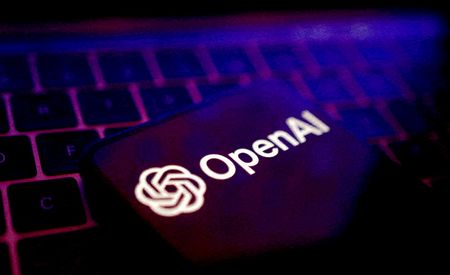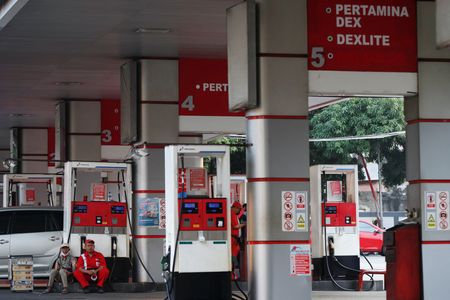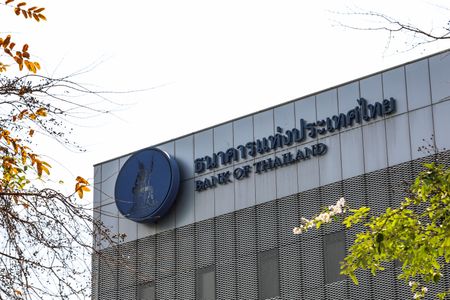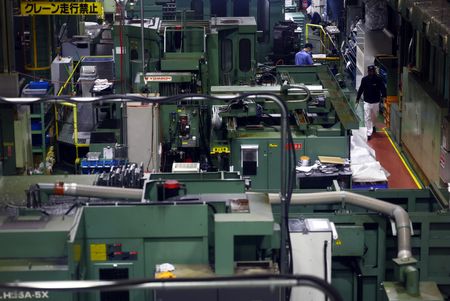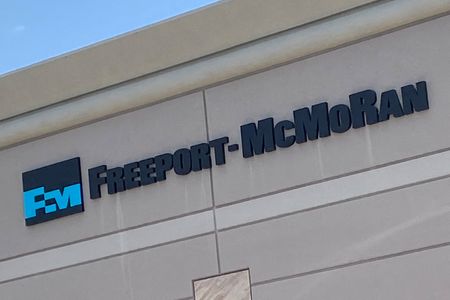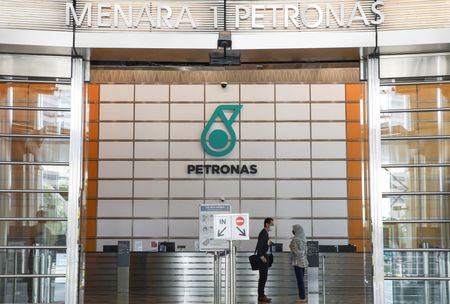SEOUL (Reuters) -Samsung Electronics and SK Hynix have signed letters of intent to supply memory chips for OpenAI’s data centers, they said on Wednesday, as South Korean chipmakers join forces with the ChatGPT maker to meet rising demand from its Stargate project.
The announcements were made on Wednesday after OpenAI CEO Sam Altman met South Korean President Lee Jae Myung and the chairmen of Samsung Electronics and SK Hynix at the presidential office in central Seoul.
U.S. President Donald Trump announced the $500 billion Stargate project in January, charging OpenAI and partners including SoftBank and Oracle with ensuring the U.S. remains a leader in artificial intelligence.
Expanding chip availability was one of the key ideas of the project, and Nvidia said last week it would invest up to $100 billion in OpenAI and supply it with data center chips.
FIRMS SEEN SUPPLYING MUCH OF OPENAI’S STARGATE CHIP DEMAND
South Korea’s presidential office said OpenAI’s chip demand for Stargate was expected to reach 900,000 wafers a month, and OpenAI hoped to source much of that from Samsung and SK Hynix. It added that the supply timeline had not yet been decided.
The office said the partnership gave South Korean chipmakers an early foothold in the world’s largest AI infrastructure project, providing a growth opportunity for the domestic chip industry.
Samsung and SK Hynix together hold about 70% of the global Dynamic Random Access Memory chip market and nearly 80% of the HBM market.
HBM – a type of DRAM standard first produced in 2013 – involves stacking chips vertically to save space and reduce power consumption, helping to process the large volumes of data generated by complex AI applications.
OpenAI this year set up its first office in Seoul as South Korean demand for its ChatGPT service surged. The country has the largest number of paying ChatGPT subscribers after the United States, according to OpenAI.
(Reporting by Heekyong Yang and Hyunjoo Jin. Editing by Mark Potter and Jan Harvey)

